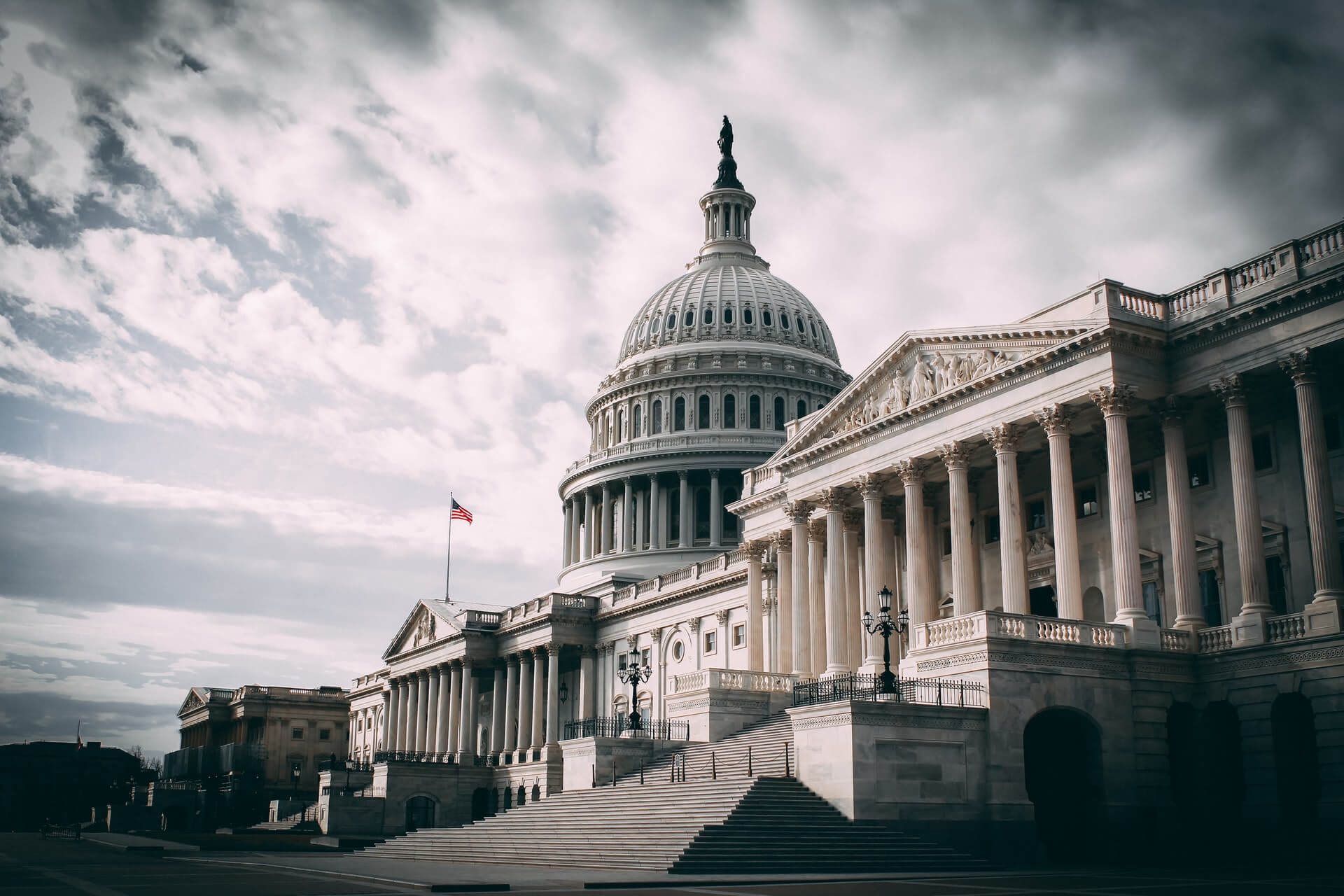NRA Sends Economic Survey Results to Congress
by David Klemt

On the heels of the IRC’s National Day of Action to Save Restaurants, the National Restaurant Association has sent a letter to Congress.
Sent by Sean Kennedy, executive vice president of the NRA, the letter urges Congress to finally replenish the RRF.
“After two years of closures, COVID-19 variants, worker shortages, and inflationary pressure,” reads the letter, in part, “a dangerous number of restaurants are at the end of the line.”
A Critical Moment
As I’ve written several times (exhaustively, some would say), the bill meant to replenish the Restaurant Revitalization Fund was first introduced in June 2021. We’re now a week away from February 2022.
In August of last year, a unanimous consent vote to provide $43 billion in emergency funding to the industry was shot down by Senator Rand Paul (R-KY). Build Back Better passed the House in November 2021. However, it didn’t include the Restaurant Revitalization Fund Replenishment Act.
As expressed by Sean Kennedy in an email sent yesterday, we’re at a critical juncture. Kennedy points to two dates when making his point: February 18 and March 1.
All government spending expires on the former date, and President Joe Biden delivers his State of the Union Address on the latter date. Kennedy suggests that the only large-scale spending bill of 2022 will be passed between those dates.
So, it’s probable that we have mere weeks to pressure Congress into replenishing the RRF.
The Numbers
Kennedy’s letter to Congress is addressed to Nancy Pelosi (D-CA), Chuck Schumer (D-NY), Kevin McCarthy (R-CA), and Mitch McConnell (R-KY).
Citing the results of the NRA’s largest-ever economic survey, Kennedy urges action on the RRF from Congress. The NRA’s executive vice president estimates that replenishing the RRF will save over 1.6 million restaurant jobs.
Below are the survey results included in Kennedy’s letter to Congress:
- 88 percent of restaurants saw decline in customer demand for indoor on-premises dining due to the omicron variant.
- 76 percent of operators report that business conditions are worse now than they were just three months prior.
- 74 percent of operators say their restaurant is less profitable now than it was prior to the pandemic.
- Almost 50 percent of restaurant operators who didn’t receive RRF grants feel it’s unlikely that they’ll stay in business beyond the pandemic without a grant.
- 94 percent of restaurant operators who applied for an RRF grant but did not receive funding said a future grant would enable them to retain or hire back employees.
- 96 percent of recipients said the RRF grant made it more likely that they would be able to remain in business.
- 92 percent of recipients said the RRF grant they received helped them pay expenses or debt that had accumulated since the beginning of the pandemic.
- The initial round of grants, per the NRA, likely saved more than 900,000 restaurant jobs.
Now is not the time to relent—we need to keep up the pressure. If Kennedy and the NRA are correct, we have only weeks to receive the help our industry needs and deserves.
Image: Harold Mendoza on Unsplash
